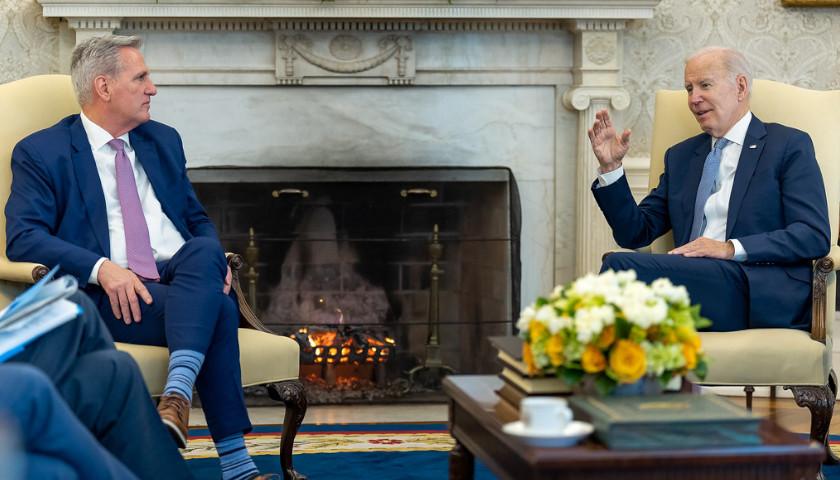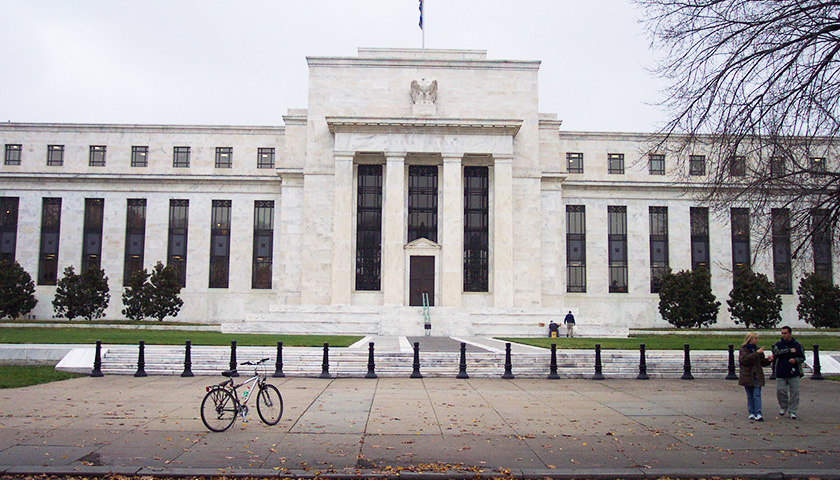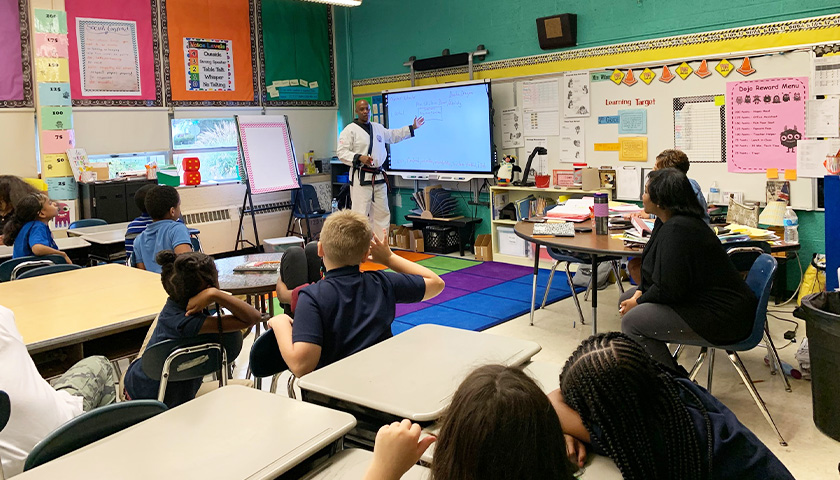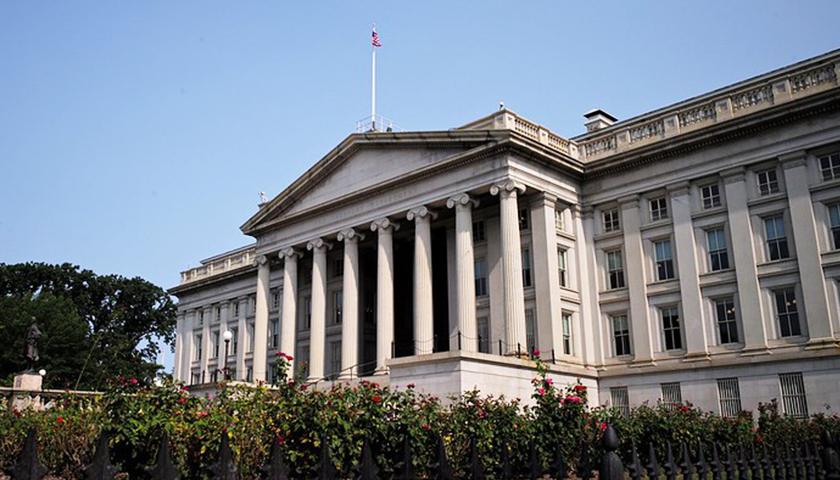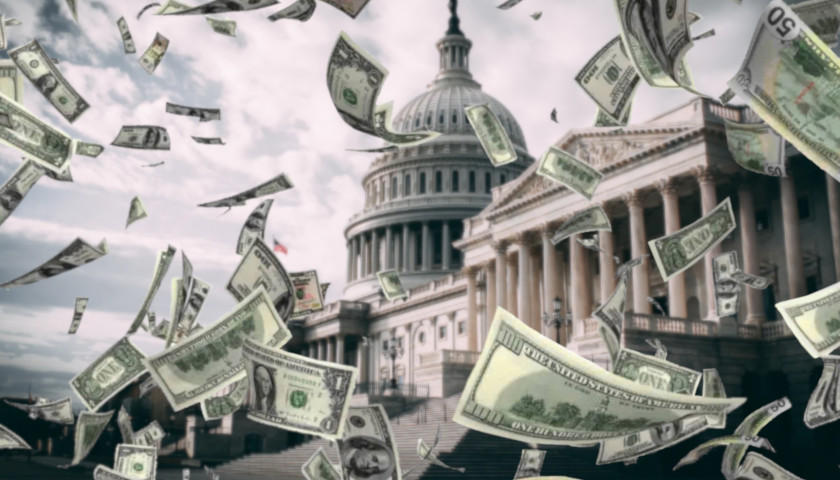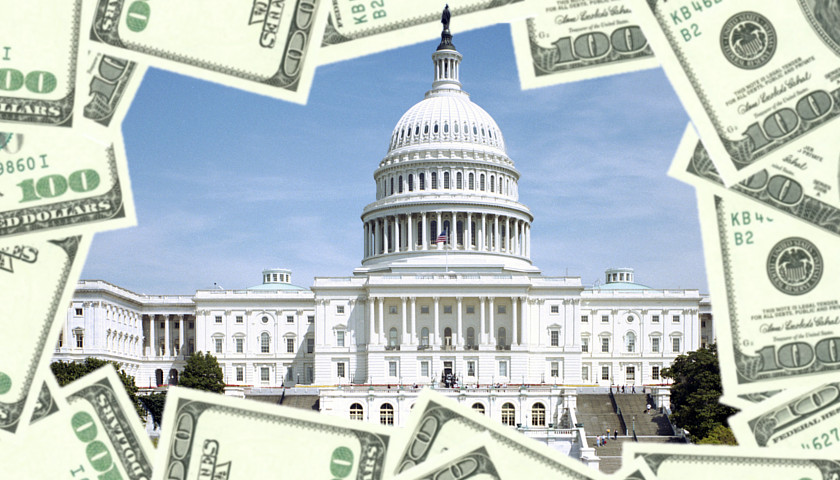The debt limit deal struck late Saturday between House Speaker Kevin McCarthy and President Joe Biden rolls back some of Washington’s massive spending while delivering other conservative priorities like blocking new taxes and requiring some welfare recipients to work, according to a summary obtained by Just the News.
McCarthy described the deal as an “agreement in principle,” and it rolls back domestic spending to fiscal year 2022 levels while limiting “top line federal spending to 1% growth for the next 6 years.”
Read More
